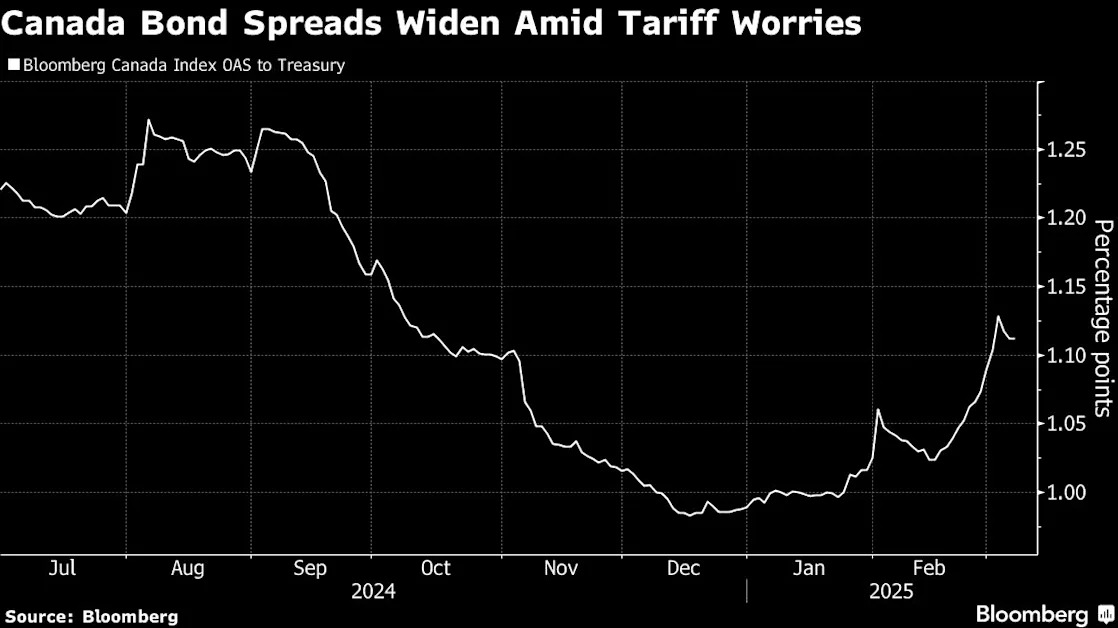(Reuters) - Chicago Federal Reserve President Austan Goolsbee on Thursday said he does not expect the inflation reading the U.S. central bank uses to set its inflation target to be as "sobering" as the previously reported Consumer Price Index figures.
Last week, the Labor Department reported a larger-than-expected 0.5% month-over-month increase in CPI for January. The year-on-year figure also climbed back to 3% for the first time since June, having risen each month since September. The comparable Personal Consumption Expenditures Price Index the Fed uses for its 2% inflation target is due to be released next week, and most economists estimate it will show less of an increase than reflected in the CPI.
"The CPI number was not great," Goolsbee said at a Chamber of Commerce event in Chicago. "The PCE number ... is probably going to still be not great, but it's not (going to be) as sobering as the CPI number."
Goolsbee said it's important to remember that great progress has been made in bringing inflation down from the four-decade highs reached in 2022, but the level of uncertainty around the economy and the evolving policies of the new Trump administration around tariffs may be having an impact.
"My view is, before we got to the uncertainties from policy and from geopolitics and from some others, the overall thing (inflation) looked pretty good to me," he said.
Since taking office on January 20, President Donald Trump has delivered a steady stream of actions - or threats of them - to impose tariffs on goods from key U.S. trading partners, including China, Mexico and Canada.
Goolsbee said he is a bit nervous about the potential for large-scale tariffs to create a significant supply shock that could aggravate inflation, as occurred during the COVID-19 pandemic.
The tariffs imposed during Trump's first term as president did not have a material impact on inflation, Goolsbee said, in part because they were narrower and included enough exemptions that supply networks were not affected.
But in thinking about the more broad-based and higher tariffs currently in development by Trump, "it depends on how many countries they are going to apply to and how big are they going to be. And the more it looks like a COVID-sized shock, the more nervous you should be about that."




